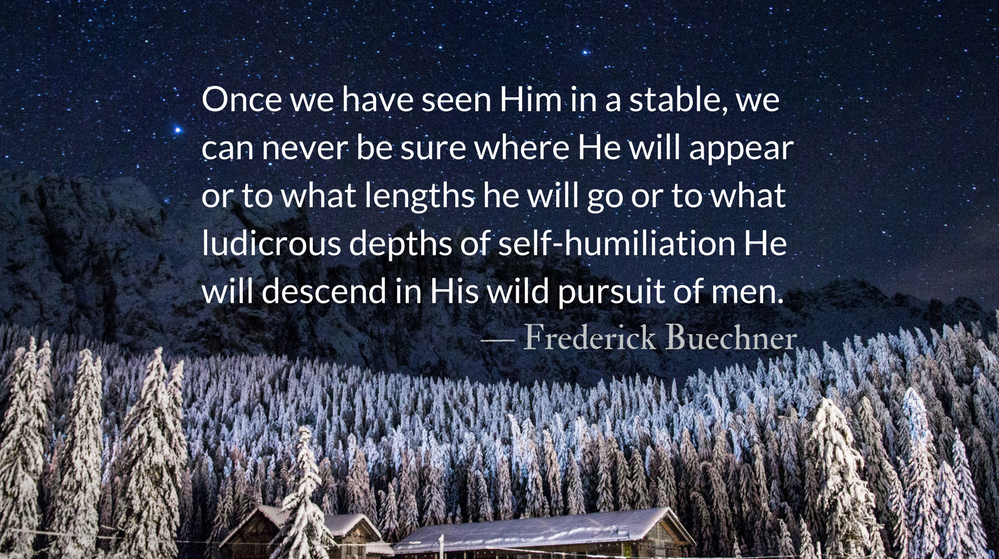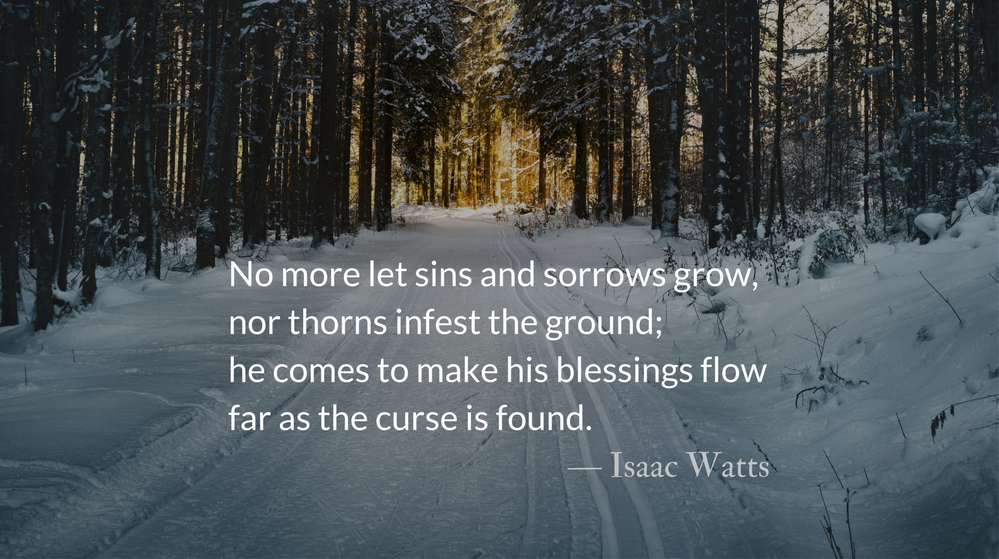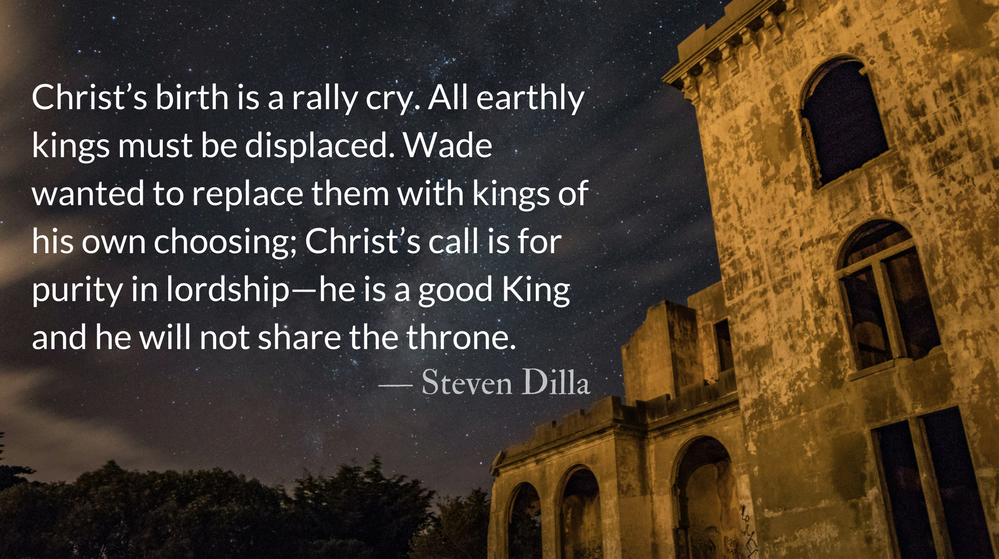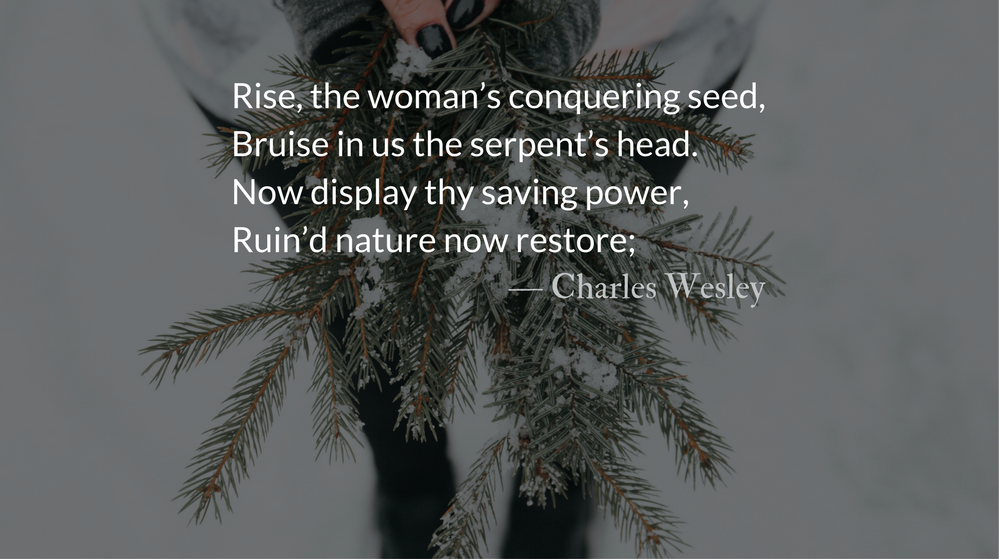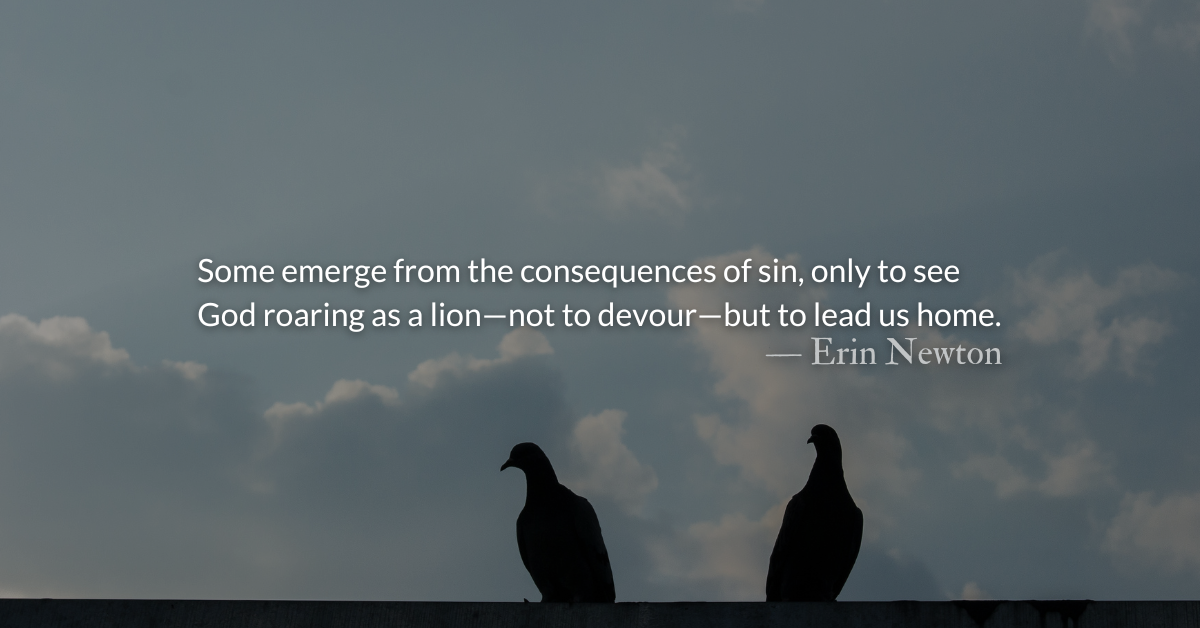The Christmas story is not, primarily, a news report of Jesus’ birth—it is an account of the significance of Immanuel; God with us. In his book, The Hungering Dark Frederick Buechner explains:
The longer I live, the more inclined I am to believe in miracle, the more I suspect that if we had been there at the birth, we might well have seen and heard things that would be hard to reconcile with modern science.
But of course that is not the point, because the Gospel writers are not really interested primarily in the facts of the birth but in the significance, the meaning for them of that birth—just as the people who love us are not really interested primarily in the facts of our births but in what it meant to them when we were born and how for them the world was never the same again, how their whole lives were charged with new significance.
“How silently, how silently, the wondrous gift is given. So God imparts to human hearts, the blessings of His Heaven.” remarks Phillip Brooks’ 19th century hymn, “Oh Little Town of Bethlehem.” Brooks had visited Bethlehem and was so moved by Christ’s birthplace he said the experience would be forever, “singing in my soul.” In a letter to his father in December of 1865 he wrote,
After an early dinner took our horses and rode to Bethlehem. It was only about two hours when we came to the town, situated on an eastern ridge of a range of hills, surrounded by its terraced gardens. It is a good-looking town, better built than any other we have seen in Palestine. As we passed, the shepherds were still “keeping watch over their flocks,” or leading them home to fold.
The simplicity of Bethlehem became Brooks’ artistic contrast for the remarkable brilliance of Christ’s advent. In the same spirit, Buechner concludes, “Once we have seen Him in a stable, we can never be sure where He will appear or to what lengths he will go or to what ludicrous depths of self-humiliation He will descend in His wild pursuit of men.”
Listen: O Little Town of Bethlehem by Sarah McLachlan (3:50)
The Morning Psalm
When the Lord restored the fortunes of Zion, then were we like those who dream. Then was our mouth filled with laughter, and our tongue with shouts of joy. Then they said among the nations, “The Lord has done great things for them.” — Psalm 126.1-2
– From Christmastide: Prayers for Advent Through Epiphany from The Divine Hours by Phyllis Tickle.
Full prayer available online and in print.
Today’s Reading
2 Chronicles 21 (Listen – 3:25)
Revelation 9 (Listen – 3:30)

